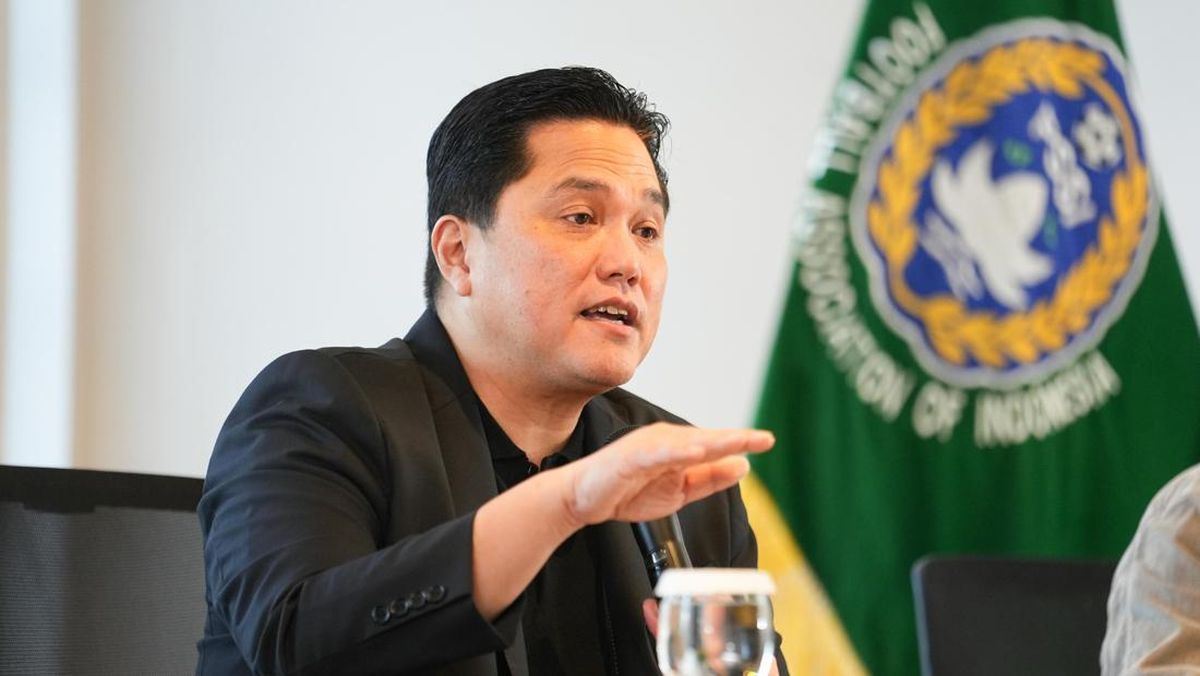After the death of Charlie Kirk, the right-way Trump activist, his widow, Erika Kirk stood before the world and with difficulty but determination, declared that she forgave the young man who was responsible for her husband’s death.
CS Lewis considered the subject of forgiveness in his bestseller, Mere Christianity. Its contents were first given on air, and the book retains a thoughtful and conversational tone. He explained why we must forgive, namely, that the Lord’s Prayer ( “Forgive us our trespasses, as we forgive those who trespass against us”) indicates that the terms upon which we are offered forgiveness are that we must forgive others. That much is clear.

Erika Kirk forgave the killer of her husband, Charlie, US right-wing activist.Credit: AP
What is harder is to overcome feelings of dislike or anger towards another so that we may forgive them. CS Lewis suggested two ways that might help us achieve this.
The first is practice. In learning maths, we don’t start with calculus but with simple addition. In the same way, in learning to forgive we might start small, by forgiving the transgressions of those closest to us.
The second suggestion is to understand what it means to love our neighbour as ourselves. Our attitude towards ourselves is not necessarily fondness, but we do not take on as part of ourselves the wrongs we do. In other words, we can separate from our concept of self the bad things we may do. This is what we must do with our enemy.
To love our enemy does not mean we have to be fond of him, but rather that we must get to the point of being able to wish he were better, even while disliking what he has done. That seems more achievable.
There are other reasons why we must learn to forgive. Harbouring ill feelings towards others is corrosive and destroys our own peace. It injures our standing with others too. According to neuroscience, when we describe another person negatively, listeners spontaneously attribute those negative traits to the speaker. This is called spontaneous trait transfer.
Beyond the individual, hatred is bad for society generally. Unchecked, it becomes like a dark pleasure that grows through being indulged to the point where whether there is any truth in the perceived wrong becomes irrelevant. Hatred that is unanchored to truth is particularly dangerous for society because it is capricious and can attach itself to anything.
At its most simple, the reason we should forgive our enemy is this: God is kind enough to love us despite our failings. At the end of the day, forgiveness of our enemy is not so much about our enemy but rather about reciprocating God’s love. We forgive our neighbour for love of God because God forgives us.


















































